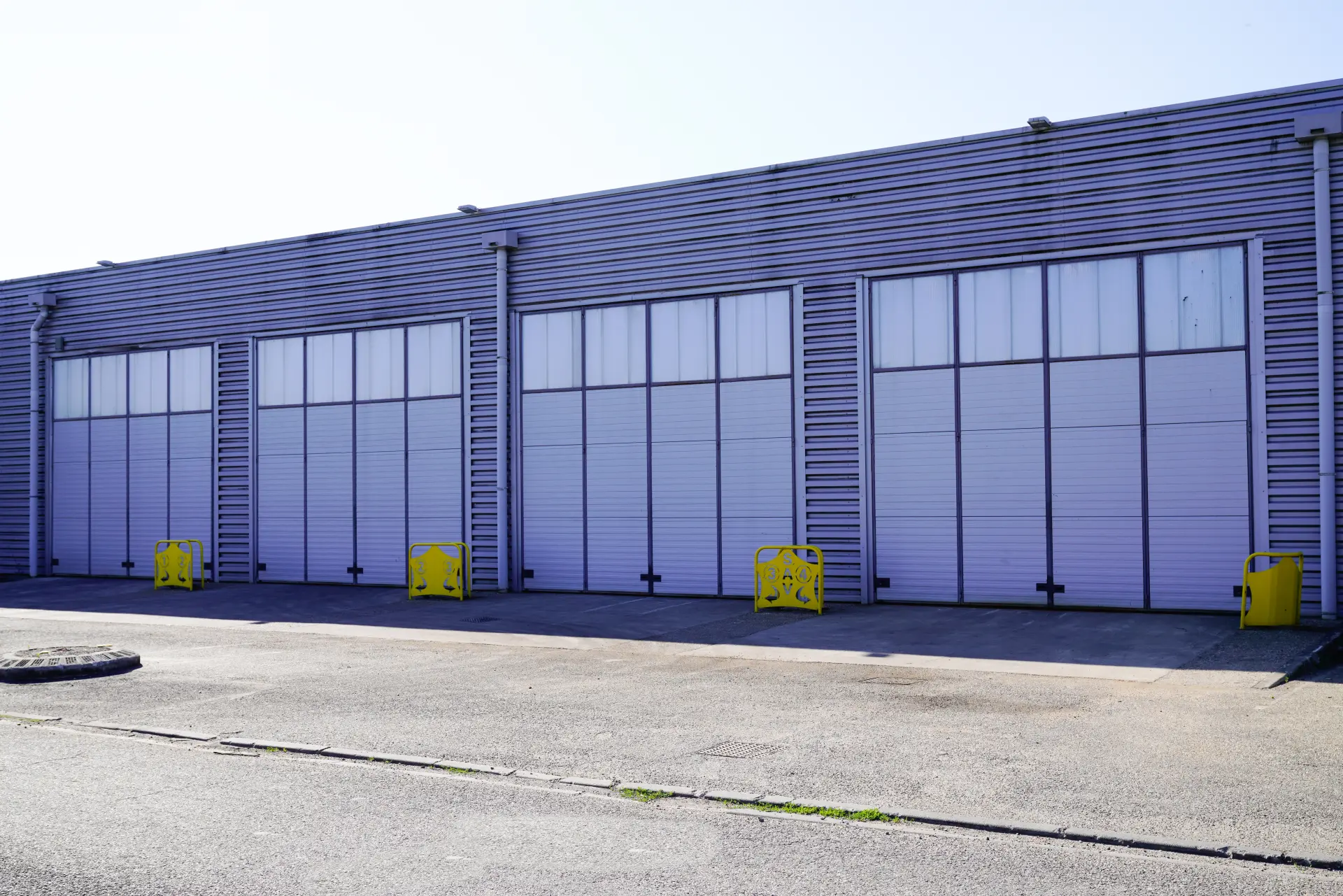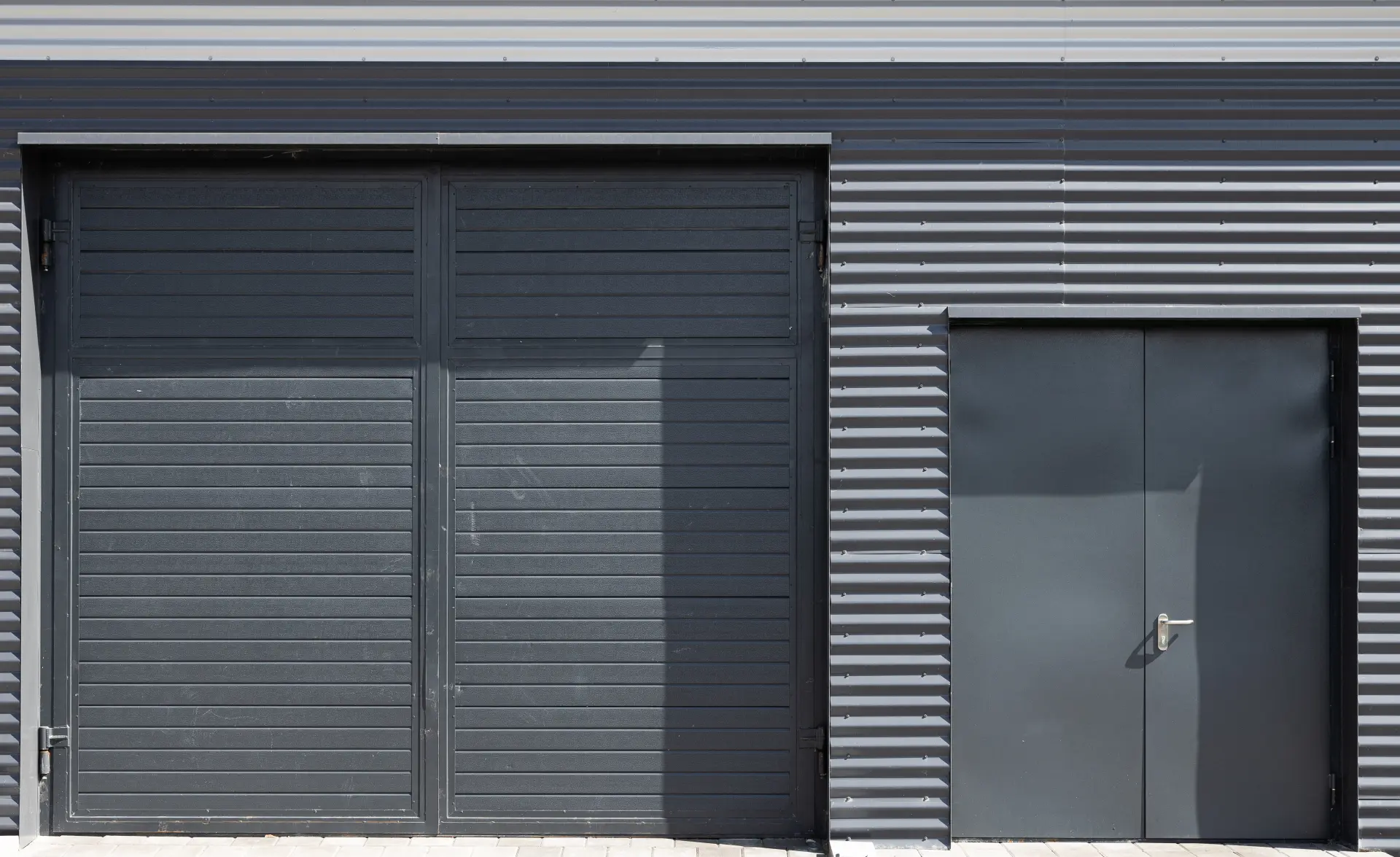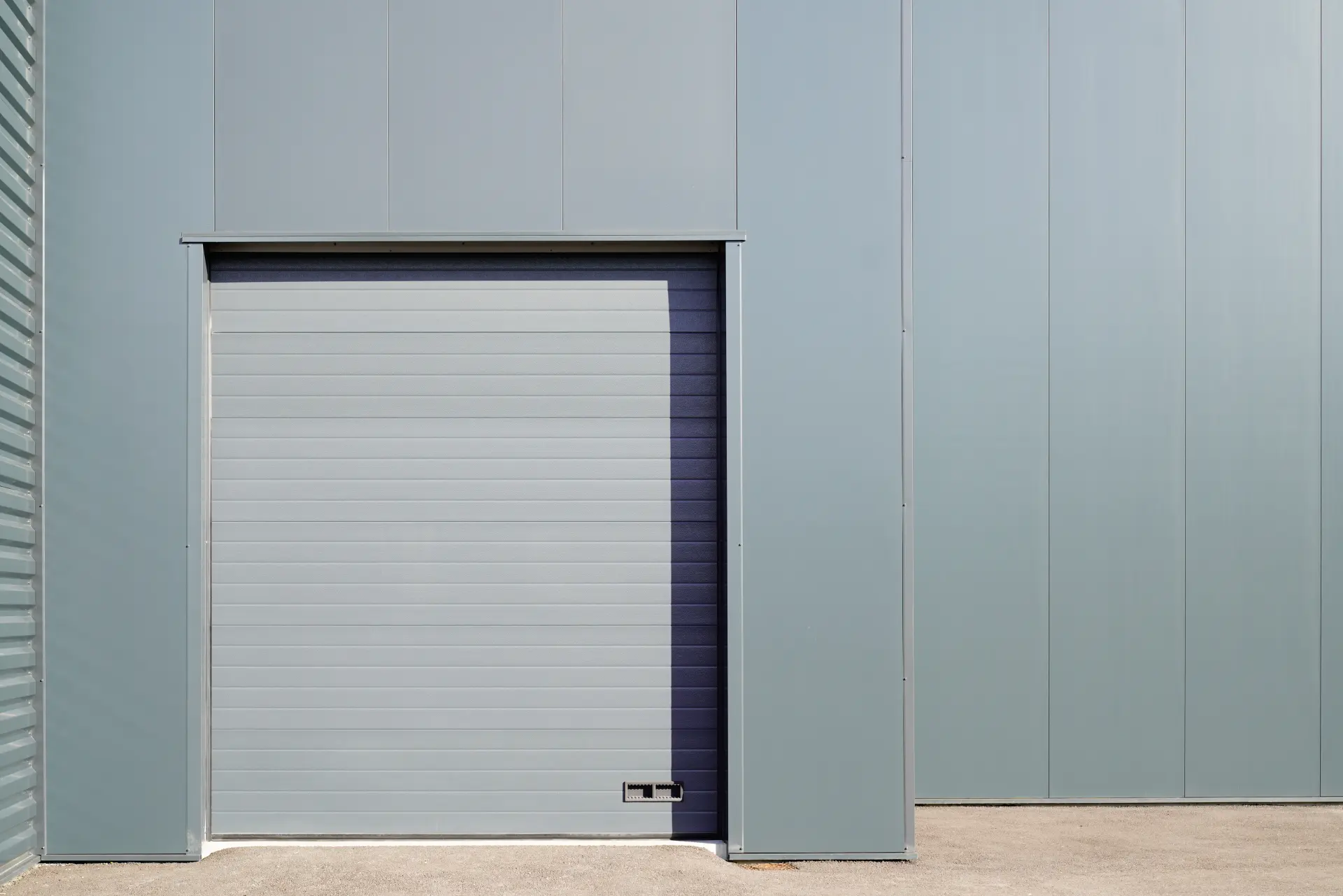Explore safety considerations for industrial doors in the UK with our comprehensive guide.
Risk Assessment for Industrial Doors
Industrial doors in the UK must undergo risk assessments to ensure they meet safety regulations and don't pose hazards to workers or the public. A risk assessment begins with identifying potential issues associated with an industrial door, such as mechanical failures, fire risks, unauthorised access, or entrapment.
Next, the risks are evaluated to determine their severity and likelihood. For example, high-speed industrial doors in warehouses must be assessed for collision risks with vehicles or workers. Similarly, fire-rated doors must be tested for compliance with fire safety standards to ensure they can contain smoke and flames effectively.
By conducting thorough risk assessments, businesses ensure their industrial doors are safe, compliant, and effective in their intended use.
Types of Safety Features
Industrial doors in the UK must meet strict safety standards to protect workers, equipment, and buildings. Various safety features can be implemented to reduce risks and ensure the doors are compliant with regulations.
Automatic safety sensors help prevent accidents by detecting obstacles in the door’s path. These sensors use infrared or motion detection technology to stop or reverse the door if an object or person is detected. This feature is especially important for high-speed doors and automated industrial doors, as their fast movement increases the risk of collisions.
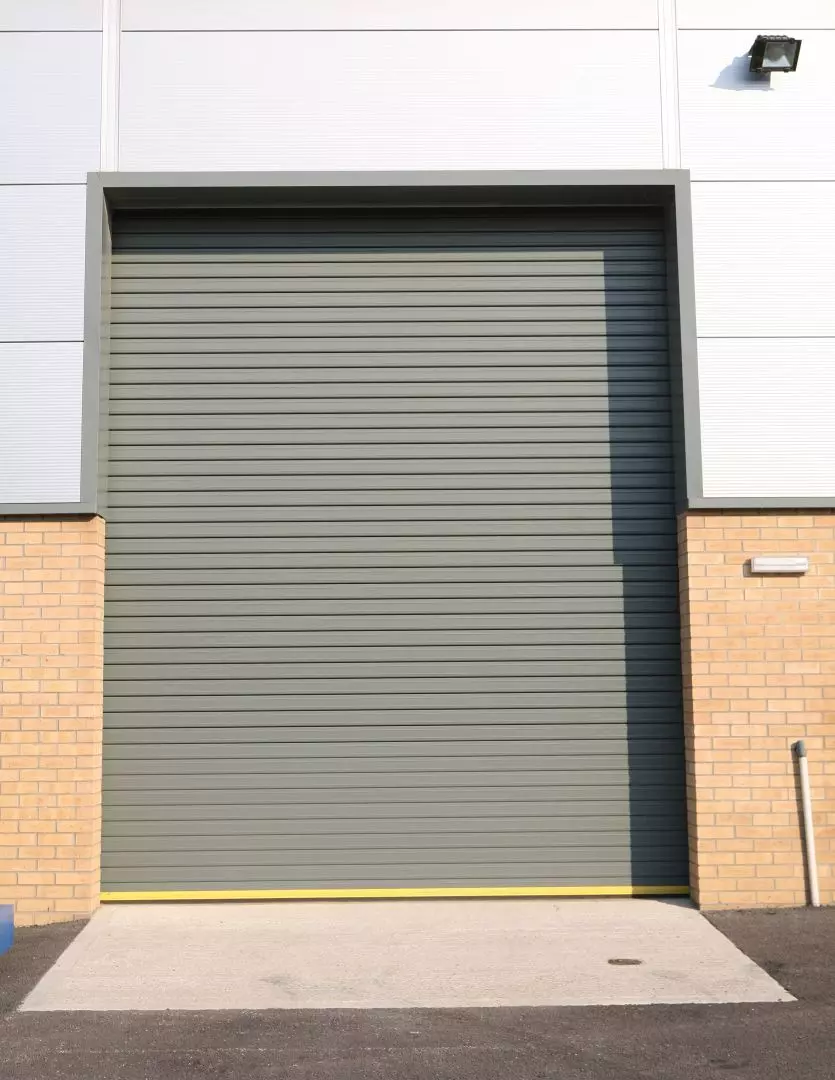
Safety edges can also be installed to detect pressure and stop the door when contact is made. Emergency stop mechanisms are crucial for preventing injuries and equipment damage.
These mechanisms allow workers to immediately stop the door in the event of a malfunction or emergency. Some industrial doors have manual emergency release systems, allowing users to open the door quickly during power failures or other critical situations.
By implementing these safety features, businesses can enhance their workplace safety, comply with legal requirements, and reduce the risks associated with industrial door operations.
Emergency Procedures and Response
Emergency safety responses and procedures for industrial doors are essential to protect workers, prevent accidents, and comply with safety regulations. Fire-rated industrial doors must be equipped with automatic closing mechanisms that activate when a fire alarm is triggered.
This prevents the spread of fire and smoke and ensures there are safer evacuation routes. Fire doors should also be tested regularly to confirm they close properly without obstruction.
Industrial doors should have clearly marked emergency stop buttons that allow for an immediate shutdown if there's a malfunction. Additionally, a manual release mechanism should be in place so that workers can operate the door manually if there's a power outage or system breakdown. These features are essential for preventing entrapment or delays in emergency situations.
All personnel should be trained in emergency door procedures, including how to operate manual release mechanisms and emergency exits. Clear signs should be displayed around industrial doors to show the emergency stop locations, fire escape routes, and door operating instructions. By implementing these emergency procedures, businesses can improve their safety and reduce any potential risks.
Security Considerations
Security is a big concern for industrial doors, as they protect businesses from theft, vandalism, and unauthorised access.
Ensuring that industrial doors meet high-security standards helps protect your business' assets, employees, and operations. Industrial doors should be made from high-strength materials, such as reinforced steel or aluminium, so that it can withstand forced entry attempts.
Businesses can also install electronic keypads, biometric access, or key card entry systems on industrial doors to restrict access to authorised personnel. For additional security, these doors can be fitted with automatic locking mechanisms that activate when the door is closed.
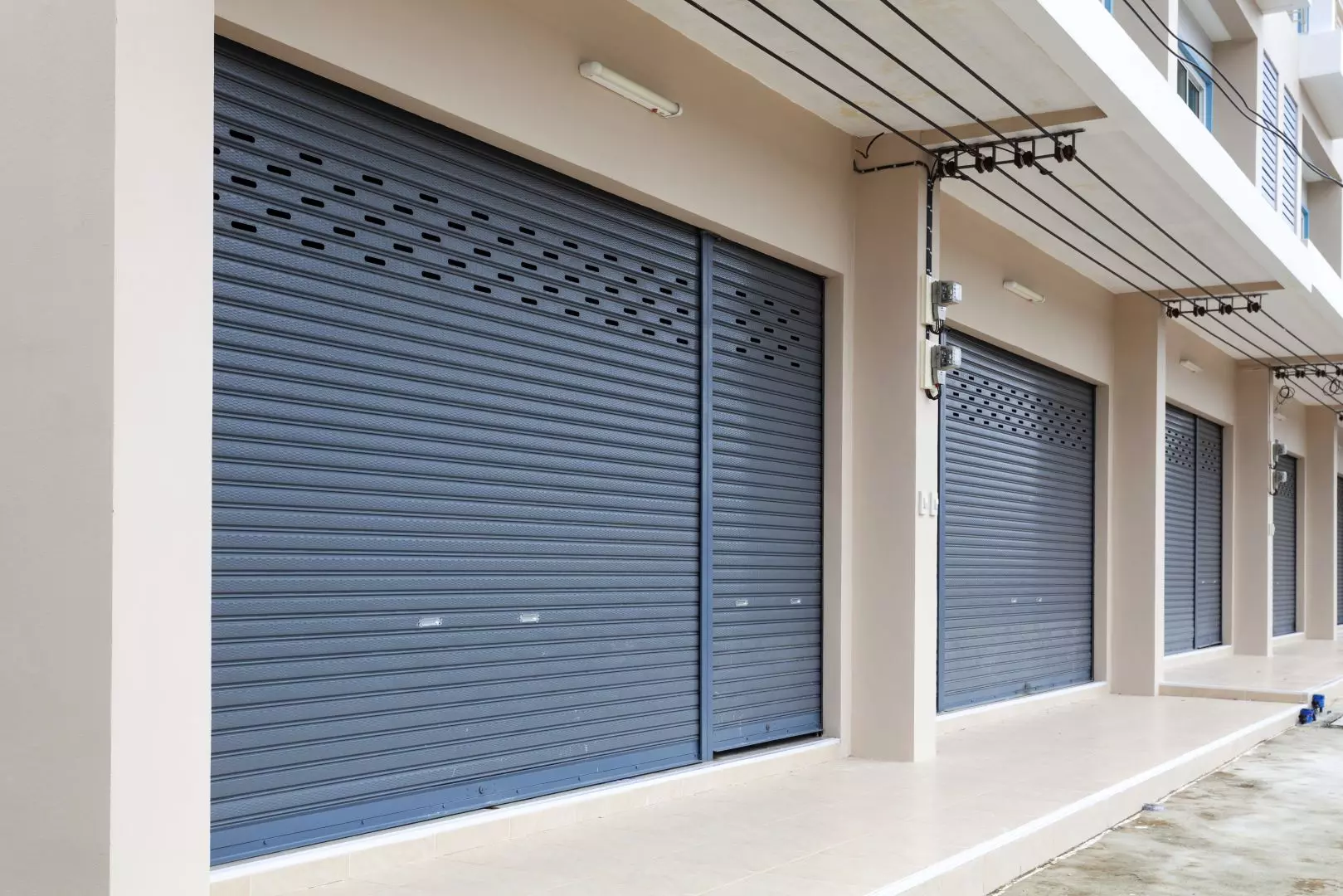
Industrial doors should be linked to security alarms and CCTV systems to deter intruders and provide real-time monitoring. Motion sensors and alarm triggers can detect unauthorised entry attempts and alert security personnel.
Routine security assessments should be carried out to find any issues within the door system, and any damaged components should be repaired to maintain your business' high-security standards.
KGC Doors specialises in the supply, installation, and maintenance of high-quality industrial doors for businesses across Wolverhampton, Birmingham, Derby and the Midlands. We have years of experience and can provide secure, durable, and energy-efficient doors tailored to your business.



